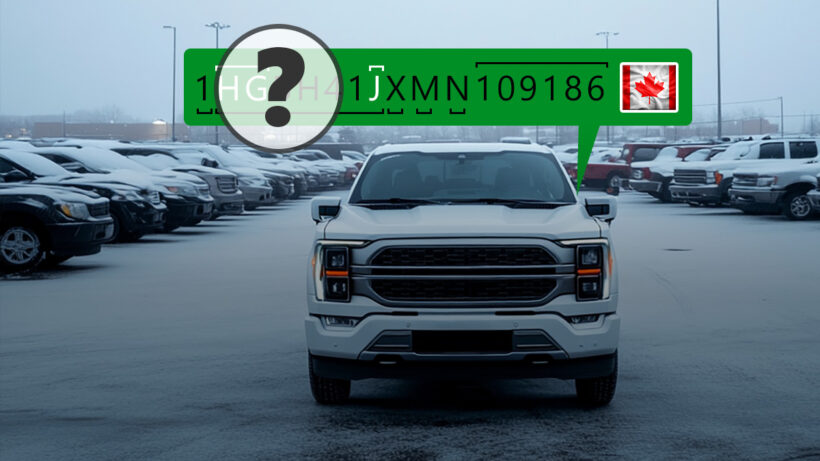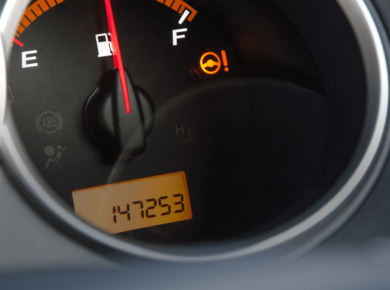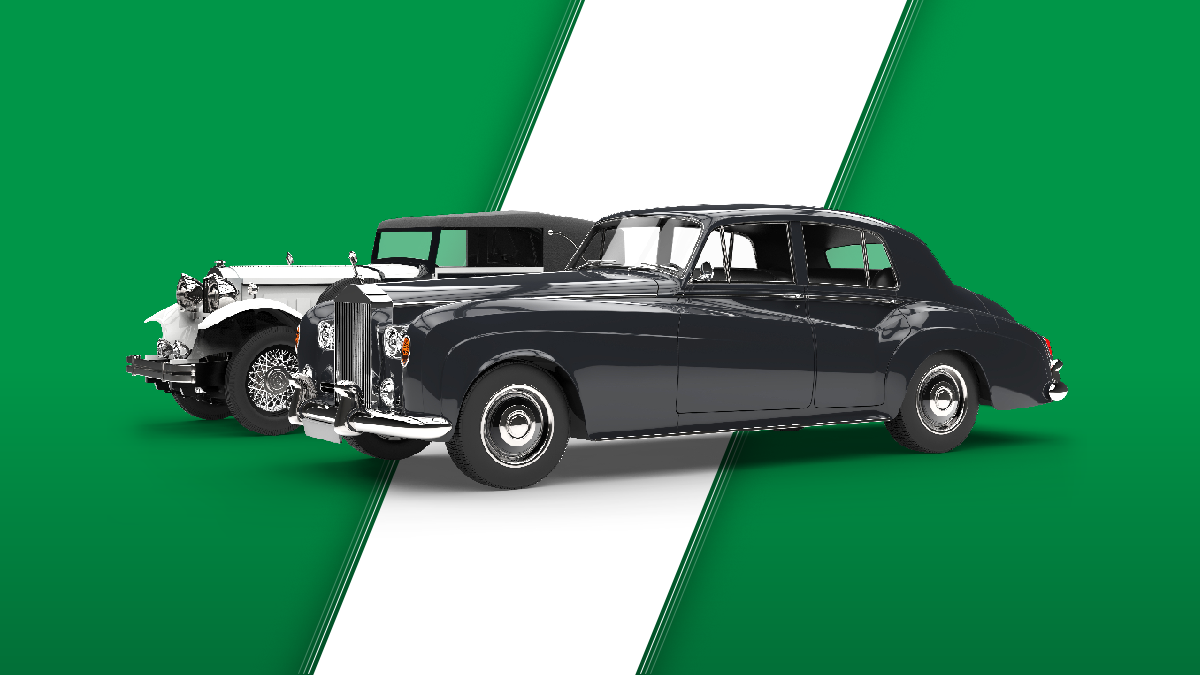While buying a used car can be an exciting new venture, there are some issues that you should be aware of. To be best prepared, you should conduct a Vehicle Identification Number (VIN) lookup. TThis guide explains how to check Canadian vehicles online and highlights the differences between various options and methods.
What Is a VIN Lookup?
A VIN is a car’s unique 17-character identification number, which allows one to discover a great deal of information about a vehicle, e.g., vehicle registration, manufacturer, model year, and factory of production. You can typically find the VIN on the driver’s side dashboard, visible via the windshield, or inside the door jamb.
Why Is a VIN Lookup Important?
With a VIN lookup, you can learn a lot of valuable information about a car, like accident history, service records, and ownership records. This step is crucial for anyone buying a used car so that you can be confident of a car’s history before purchase. This information is vital, as it will help you to:
- Avoid Overpaying: With a VIN lookup, you can discover problems like accident damage or mileage rollbacks, both of which could put the car’s value at risk
- Identify Hidden Problems: You can spot hidden overpriced vehicles or odometer rollbacks, saving potential problems.
- Verify Authenticity: Verify the car’s authenticity by making sure the registration matches its history, thus avoiding stolen vehicles that have been tampered with.
- Gain Peace of Mind: With a complete understanding of the car’s history, you can gain peace of mind with your investment.
Comparing VIN Lookup Services in Canada
Here’s a deep-dive into standard VIN verify tools available in Canada, highlighting their features, costs, and data depth:
| Service | Features | Cost |
| ClearVin | Includes unique title history, pricing, photos, and detailed descriptions of all sales throughout North America. Ideal for used car buyers. | Paid reports offer comprehensive insights and sales data. Volume discounts are available for dealers. |
| CARFAX Canada | Provides detailed accident reports, ownership history, and service records. | Paid options are available for complete reports. |
| Insurance Bureau of Canada (IBC) | Verifies if a car has been reported as stolen or written off. | Free basic check. |
| Free VIN Decoders | Essential details like make, model, and year. Limited in-depth history. | Free. |
ClearVin is a clear choice given its specialized sales history data, including pricing and photos, collected from across North America. This makes it especially useful for those purchasing a used car, as it combines detailed information with practical tools for decision-making. For more details, check ClearVin’s Canada VIN Check.
How to Perform a VIN Lookup
Step 1: Locate the VIN
Firstly, find the VIN on your car – the dashboard near the windshield is often a good place to look; if not there, try the inside edge of the driver’s door.
Step 2: Choose a Trusted VIN Lookup Tool
Several online platforms offer VIN lookup services. The Insurance Bureau of Canada (IBC) is a trustworthy free source. While free services provide basic details, paid tools like ClearVin and Carfax Canada offer more detailed information.
Step 3: Enter the VIN
Input your newly discovered VIN into the VIN lookup tool of choice. A VIN decoder will translate the code into important information, like the car’s make and model. For deeper insights, review a full vehicle history report.

What a VIN Lookup Can Tell You
- Accident History
Before you buy a car, it’s great to know whether it has any history of accidents. This can tell you whether it has any risks that might inform your purchase, especially if the accident is severe.
- Ownership Details
A Canadian VIN lookup will tell you how many people owned the car and how it was used, e.g., as a rental, lease, or commercial vehicle.
- Service Records
With some lookup tools, you can find service records, which will tell you how well and how regularly the car has been serviced. Reports including such info are useful before a vehicle purchase, as cars with missed check-ups pose an added risk.
- Title Information
Title information is included in a VIN report, which will indicate if the car has a clean, salvage, or rebuilt title. Vehicles with salvage or rebuilt titles pose more significant risks than those without, as they may have been severely damaged in the past.
- Cross-Border Data
If a car was imported from the United States, a VIN number lookup in Canada can provide details from both countries – this will mean you have a comprehensive view of the car’s state.
Benefits of Running a VIN Lookup
- Avoid Scams: You’ll be sure the car has not been stolen or tampered with.
- Identify Red Flags: It’ll help you look for odometer rollbacks, faulty repairs, or hidden damage. These can point to tampering or stolen vehicles.
- Save Money: You can be sure you aren’t buying a car with hidden fees.
- Buy with Confidence: Knowing its condition and history, you can purchase a vehicle confidently.
Additional Tips for Used Car Buyers
- Pair a VIN Lookup with an Inspection: In addition to a VIN number check in Canada, a mechanic can provide additional insight and verify the information found in the report.
- Get original Window Sticker: A window sticker by VIN provides key information about the vehicle, including its original specifications, factory-installed features, VIN, fuel economy, and safety details. It helps verify the car’s identity, confirms the seller’s claims, and ensures buyers make an informed purchase.
- Use Multiple Services: Multiple tools can provide different results – search widely for car VIN lookup in Canada results.
- Double-check Vehicle Registration: Make sure the car registration aligns with the information found in the VIN report.
Risks of Using Unknown Websites or Free Services
When using free or unverified VIN lookup services, there are several risks to consider:
1. Security Threats
- Untrustworthy websites may compromise your personal information.
- You risk exposing your device to malware or phishing attacks.
2. Incomplete Data
- Free services often provide only limited or outdated information.
- They may not include critical details, such as accident history, theft records, or title branding.
3. Financial Loss
- Relying on incomplete or inaccurate reports can lead to purchasing a vehicle with hidden issues.
- This may result in costly repairs, legal disputes, or difficulty reselling the car.
4. No Accountability
If the information provided is incorrect, you have no recourse to address errors or resolve disputes.
Free services typically lack customer support or guarantees.

Common Questions About VIN Lookup Tools
- What’s the difference between a VIN decoder and a VIN lookup?
A VIN decoder provides essential information on a car’s make, model, and year. A VIN lookup, however, provides a more comprehensive report, such as accident history, title status, etc.
- Can I check both Canadian and U.S. vehicle history with a VIN lookup?
Yes. In Canada, a VIN number lookup can provide cross-border reports with history, including both countries.
- Are VIN Lookup Services Free?
Some VIN lookup services in Canada are free, while others that provide more detailed and comprehensive reports usually come with a fee. It’s important to understand the key differences between these two types of services and why choosing a reputable, paid provider is often the better option.
- 4. Can I check any vehicle type?
You can check any vehicle with a valid 17-digit VIN. However, information for trailers and some heavy-duty vehicles may be limited due to reporting constraints. For motorcycles, we recommend our Motorcycle VIN Check.










